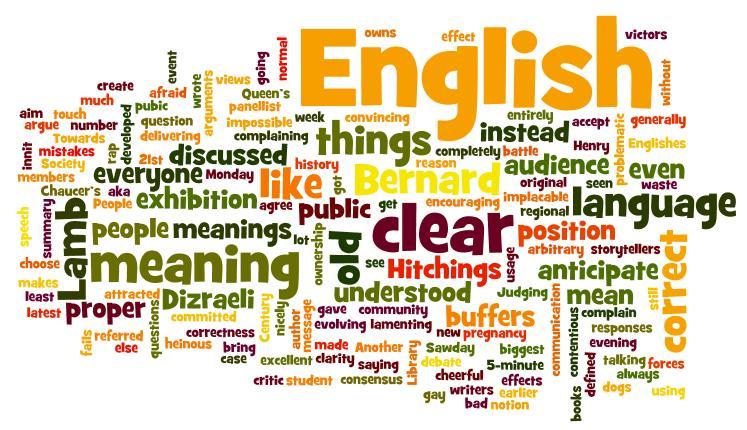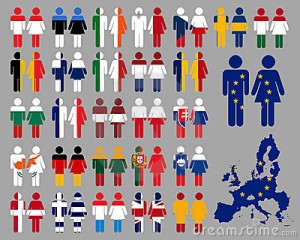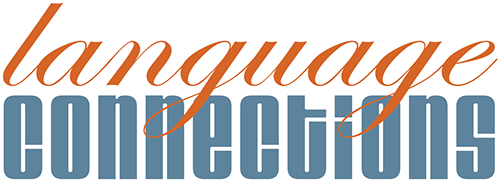A Five-Year Plan to Introduce Euro English
English is one of the official languages of the European Union, meaning it is used for many official documentation and meetings. However, do you know just how different Euro English is from Standard British or American English? And what could potentially evolve from the standard English we know today…
The Official Euro English
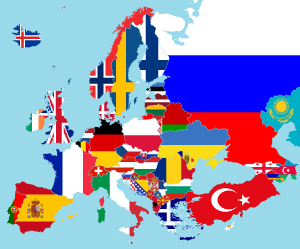 As the EU looks for new ways to standardize practices, language and politics continue to present significant challenges. These must be handled delicately as they are strongly tied to culture and national identity. One of the ways it looks to do this is through the use of standard, official languages of communication – of which English is one. Although there are 24 official languages of the EU, English is a preferred one. This can have many implications for members of the European Union, including a greater need for English translation services.
As the EU looks for new ways to standardize practices, language and politics continue to present significant challenges. These must be handled delicately as they are strongly tied to culture and national identity. One of the ways it looks to do this is through the use of standard, official languages of communication – of which English is one. Although there are 24 official languages of the EU, English is a preferred one. This can have many implications for members of the European Union, including a greater need for English translation services.
First Phase Changes for Euro English
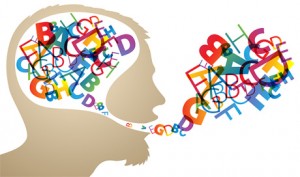
“In the first year, “s” will replace the soft “c”. Sertainly, this will make the sivil servants jump with joy.
The hard “c” will be dropped in favor of the “k”. This should klear up konfusion and keyboards kan have one less letter.
There will be growing publik enthusiasm in the sekond year, when the troublesome “ph” will be replaced with the “f”. This will make words like “fotograf” 20% shorter.
In the 3rd year, publik akseptanse of the new spelling kan be expekted to reach the stage where more komplikated changes are possible. Governments will enkorage the removal of double letters, which have always ben a deterent to akurate speling. Also, al wil agre that the horible mes of the silent “e”‘s in the language is disgracful, and they should go away.
By the 4th yar, peopl wil be reseptiv to steps such as replasing “th” with “z” and “w” with “v”.
During ze fifz year, ze unesesary “o” kan be dropd from vords kontaiining “ou” and similar changes vud of kors be aplid to ozer kombinations of leters. After zis fifz yer, ve vil hav a reli sensibl riten styl. Zer vil be no mor trubls or difikultis and evrivun vil find it ezi tu understand ech ozer.”
ZE DREM VIL FINALI KUM TRU!
Or the English speakers of the European Union might simply find themselves suddenly in need of English Translation Services…
The Real Euro English
On a more serious note, although the whole English language used in the EU might not end up looking like that, there are real differences in the way that the English language is spoken by native speakers and what is known as EU English. This is due to the use of words in EU English in a slightly different manner than they would be in say standard British English. One example is the word “Comitology” – a made up word meaning a committee procedure.
There are also differences in how English is used by native and non-native speakers. Although English is the designated working language among members of the European Parliament there are of course numerous non-native speakers. This is not to say that they do not speak correct English. In fact, often individuals who are taught a second language use better grammar and have a richer vocabulary than many native speakers. The majority of Europeans in the past were taught British English. More recently, however, American English is also taught in European schools. Interestingly, this influences the differences in English among non-native speakers throughout EU member countries.
About Language Connections:
Language Connections is one of the top language service companies in the US. Over the last 30 years, we’ve focused on providing the best business translation services, interpreting services, as well as interpreter training and customized language training programs. In addition to top-tier corporate language training, we offer certified corporate interpreters and professional business translation services in 200+ languages. Our network includes linguists with backgrounds in all major industries. They’re ready to meet your needs, whether they’re for technical translation services, legal translation, government translation services, international development translation services, education translation services, life sciences translation, or something else. Reach out to us today for a free quote on our cost-efficient and timely translation services, interpreters, or other linguistic services.
Language Connections Inc.
2001 Beacon Street, Suite 105,
Boston, MA 02135
Phone: +1-617-731-3510
Email: service@languageconnections.com

